It’s Christmas Eve in a small German town. In a cozy wood-paneled living room, a brother and sister named Helmy and Lexa are decorating the tree, half chatting and half squabbling, the way siblings do. As they light candles, Lexa’s fiancé, Moritz, pounds on the door, demanding jauntily to be let him. He’s as excited as a small child to see the festivities – and to kiss his bride to be. So opens the off-Broadway production of Crooked Cross.
It’s a joyous scene, full of promise. Quickly, though, things begin to go south. Moritz Weissman, a surgeon, is accomplished, smart, and well-liked. But while he was raised Catholic, his name, taken from his professor father, is Jewish. The date is 1933, Hitler is rising to power, and Moritz finds himself ostracized: he loses his prestigious job, his passport is confiscated, and Lexa’s family withdraws support for their union. Lexa, however, fiercely loyal and in love, has other ideas.
English author Sally Carson first published Crooked Cross – its title refers to the swastika – as a novel in 1934. Carson was writing before anyone knew about the Final Solution, and the horrors of World War Two, yet her work is eerily prescient for its description of slavish dedication to a cultish political party.
A year later Carson adapted Crooked Cross into a play, which wound up in the West End. The Britain of the time was still unsure what the Nazi party would mean to the country; the script was censored and all “Heil, Hitler” references removed. Both novel and play were eventually forgotten and Carson died of breast cancer in 1941.
Now her work is enjoying a revival. In April, Crooked Cross was republished by Persephone Books, and today the play is on the stage again for the first time since the 1930s, thanks to New York’s Mint Theater, which specializes in resurrecting neglected and lost scripts.
The action, set in the fictional town of Kranach, is based on Carson’s holidays in the Bavarian Alps, where she witnessed the rise of Nazism. It revolves around the life of a modest family: parents Herr and Frau Kluger and their adult children, Helmy, Lexa, and Erich. While Lexa is a free-thinker, and skeptical of the Nazi Party and the fever it provokes among her cohort, Helmy and Erich find purpose and belonging. Both have struggled in the post-war period with humiliations and unemployment, and both believe they have found their footing.
Carson’s script, adapted and revised by Bank, feels underdeveloped, and her dialogue stilted; but her characterizations are always generous. She is as empathetic to the plight of the bouncy, kind Helmy, as to her more obvious heroes Lexa and Moritz. No one is inherently evil here – just misguided. A 1937 review of the play in The Daily Telegraph reads that while Carson “hates the things which Nazism did to Jews, she tells sympathetically how it put heart into the younger generation of Germans.”
Yet director Jonathan Bank is unable to do Crooked Cross justice. At fault are a series of lackluster and confusing scenes that sometimes move painfully slowly and sometimes too rapidly. (In a glaring blunder, I wasn’t even sure what happened to Lexa towards the end as she sits alone on a mountain; I had to look it up). Poor acting by the leads doesn’t help, either.
Lexa and Moritz are the linchpins of the play: to care what happens to this small town, and to Germany as a whole, we must care about what happens to them. But Ella Stevens as Lexa and Samuel Adams as Moritz just aren’t up to scratch: they have no chemistry, their love scenes feel forced, and the devotion they have to each other feels misplaced.
Lexa’s journey represents the moral arc, as she grows from a bubbly but naive young girl to a woman who takes huge risks for what she believes in and who she loves. In this production, however, she never moves beyond smiley, sweet froth. She’s lovely – but bland. At one point, she tells her beloved that she cries every day, yet we barely see her give a frown.
Indeed, the play relies on a growing sense of fear and dread, as Erich (Jakob Winter) and Helmy (Gavin Michaels) embed themselves in the Party. This coincides with Moritz’s displacement: he is soon living in a tiny bedsit with his father, where they discuss the risk of starving. Despite this, the vibe is that it’s an inconvenience and a bit of a bummer; it never feels desperate, as it should. The danger doesn’t feel real, even as bodies start to accumulate.
Michaels’s Helmy is charming and fun and agreeable, devoted to his sister and infuriated that she can’t let Moritz go. He was the character I was most drawn to and, thanks to Michaels’s talents, the one I most believed in. Helmy is not a bad person, but he is easily manipulated and overly susceptible to the strong-man narrative. In this he stays true to the novel. He is the type of young German who is “tired of doing nothing and having nothing to lead them. For the present they were glad enough to be directed.” Their plight is reminiscent of young men today – desperate to find their place, and to be led. Crooked Cross does succeed in showing that nice, good boys are as vulnerable to hardline politics as embittered old men – perhaps even more so.
It’s a shame that Crooked Cross isn’t better. But at least the play’s revival brings attention to the glamorous draw of fascism – and how that beast can creep up and strangle the communities it pretends to serve.



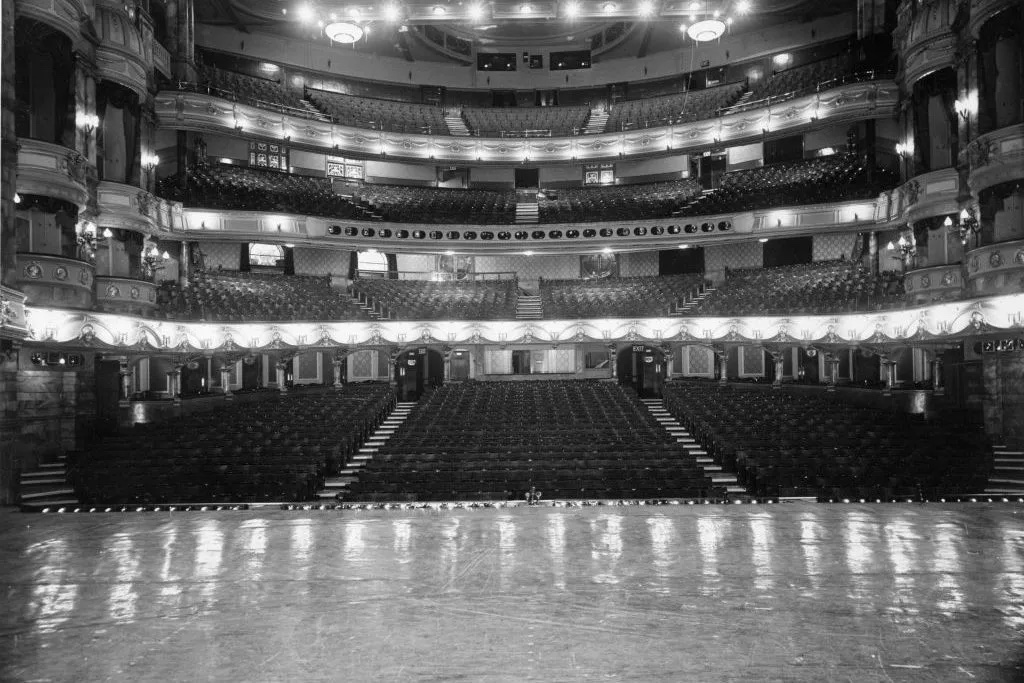






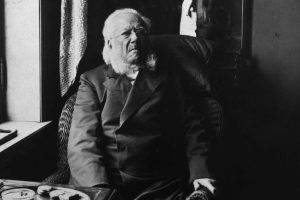

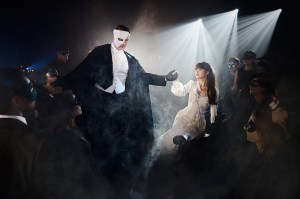
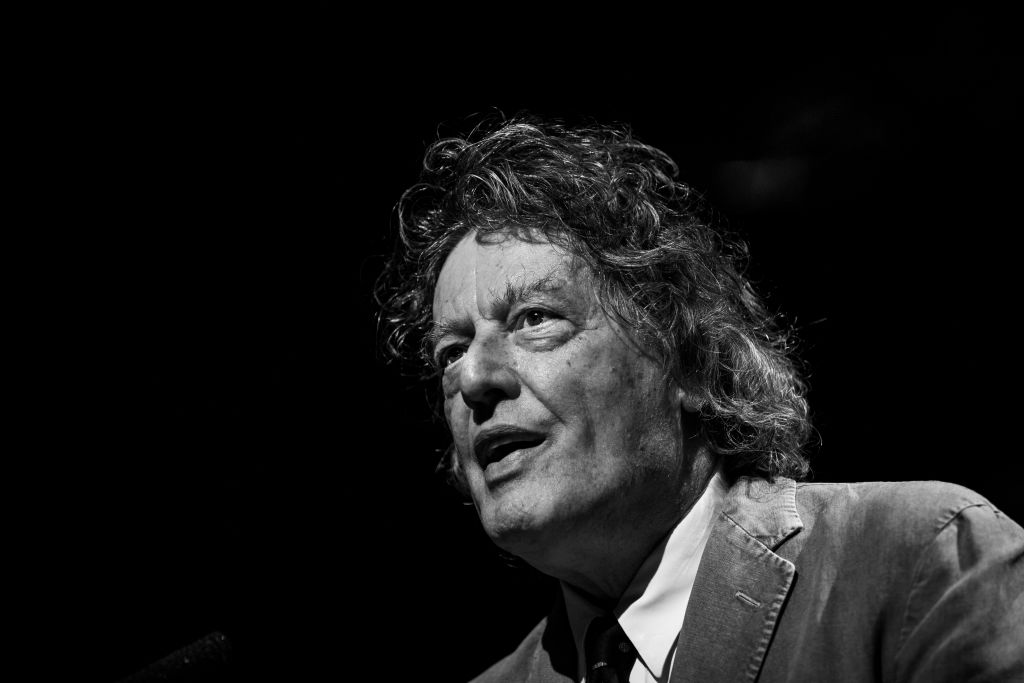
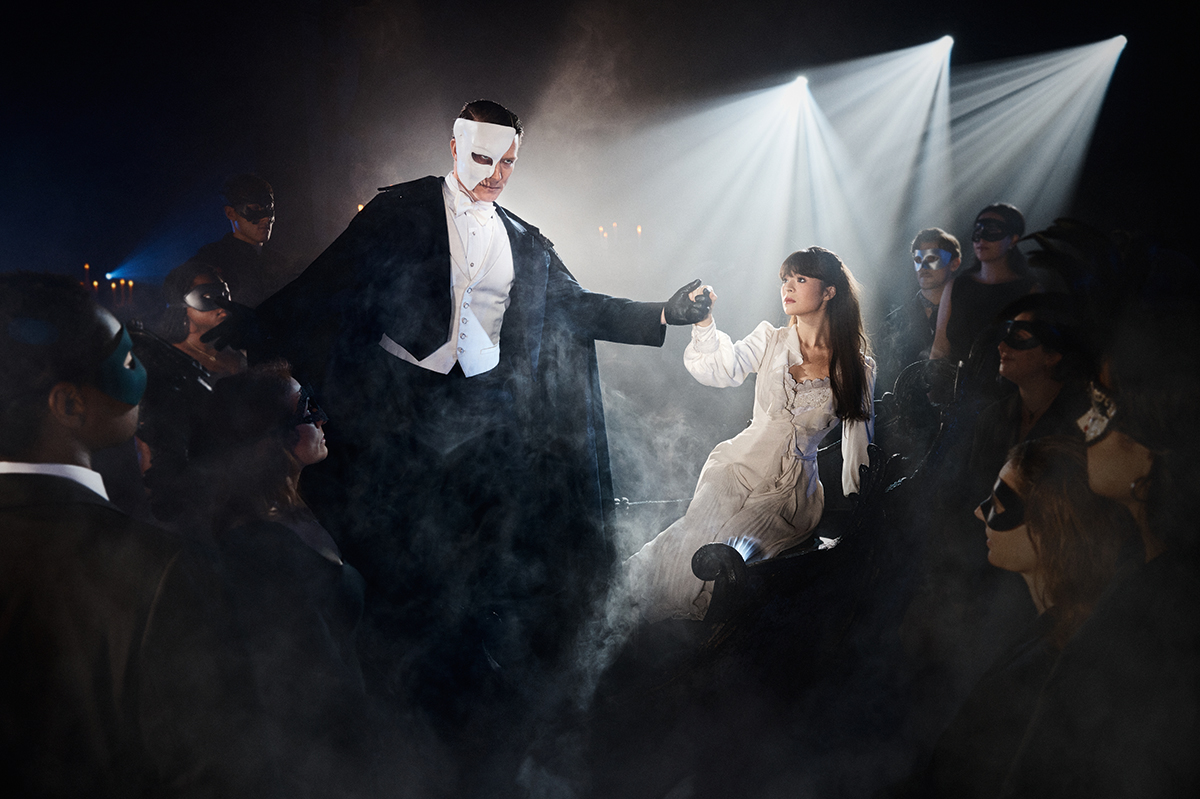
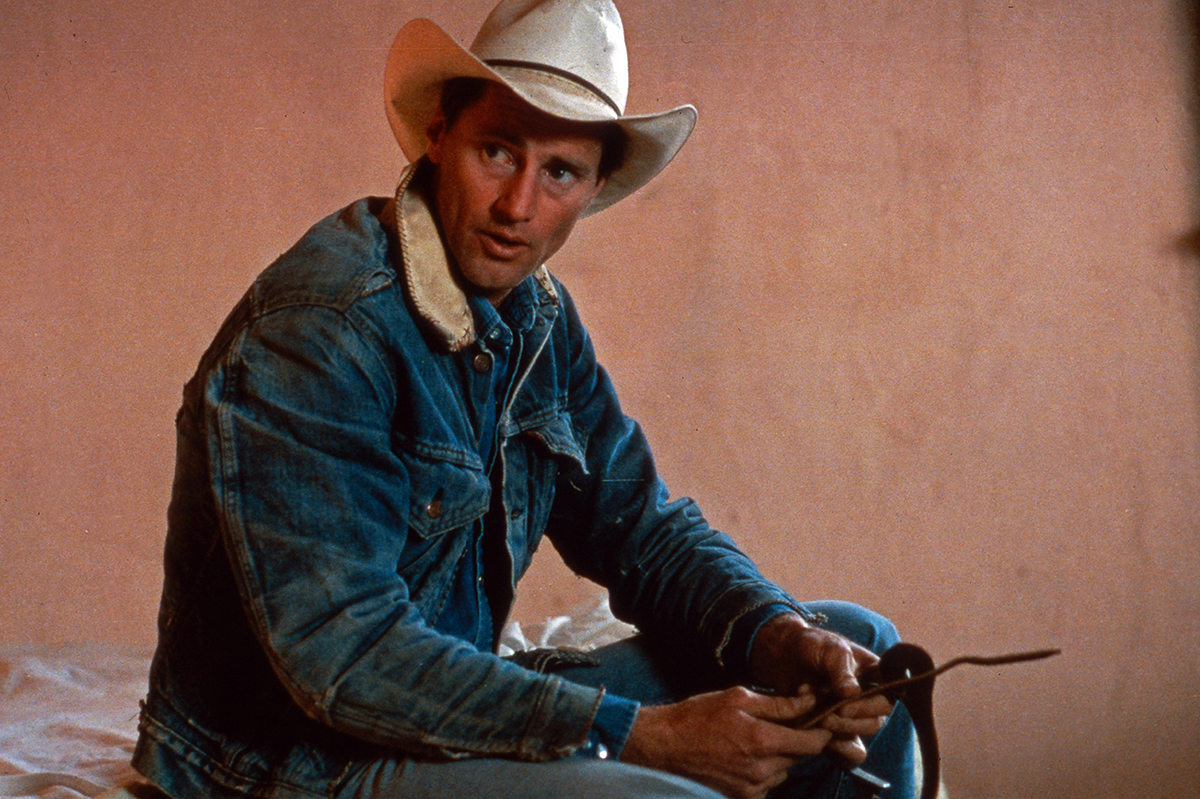
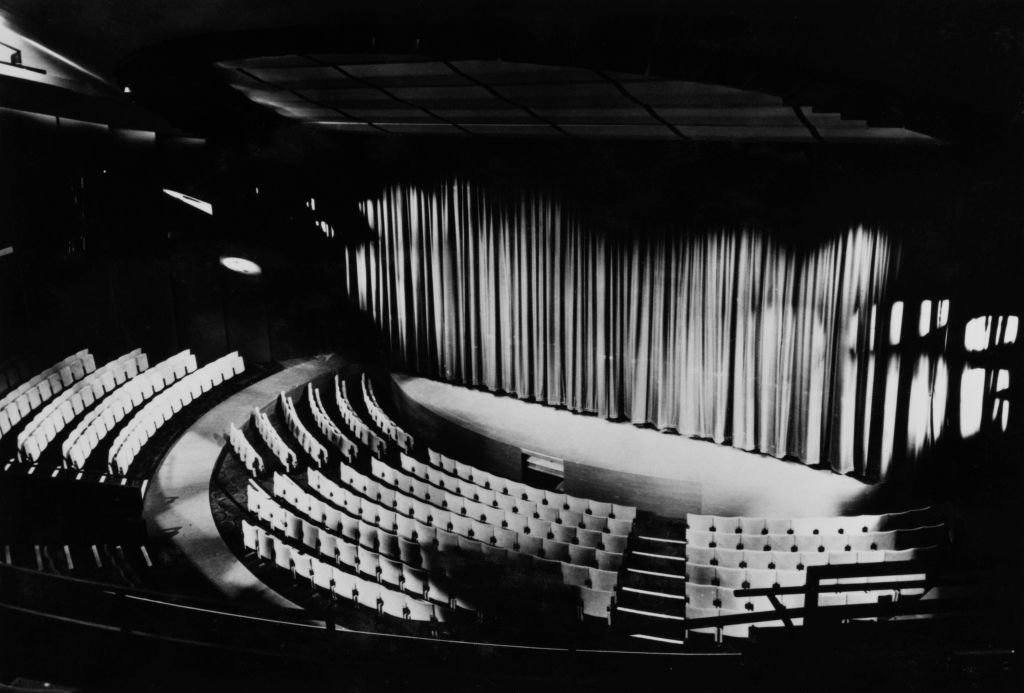
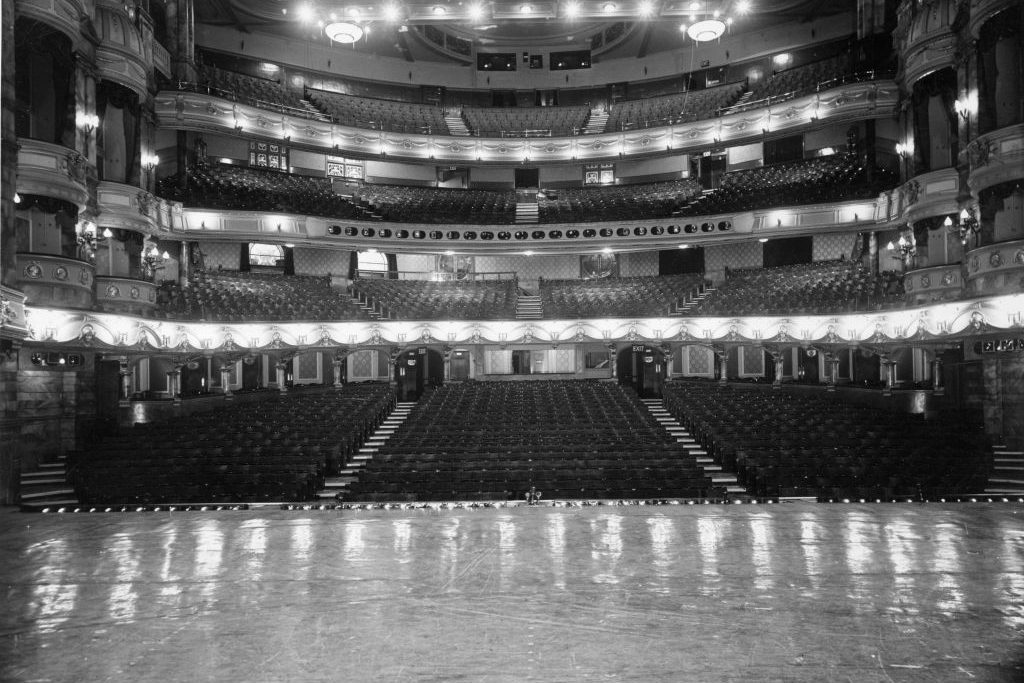
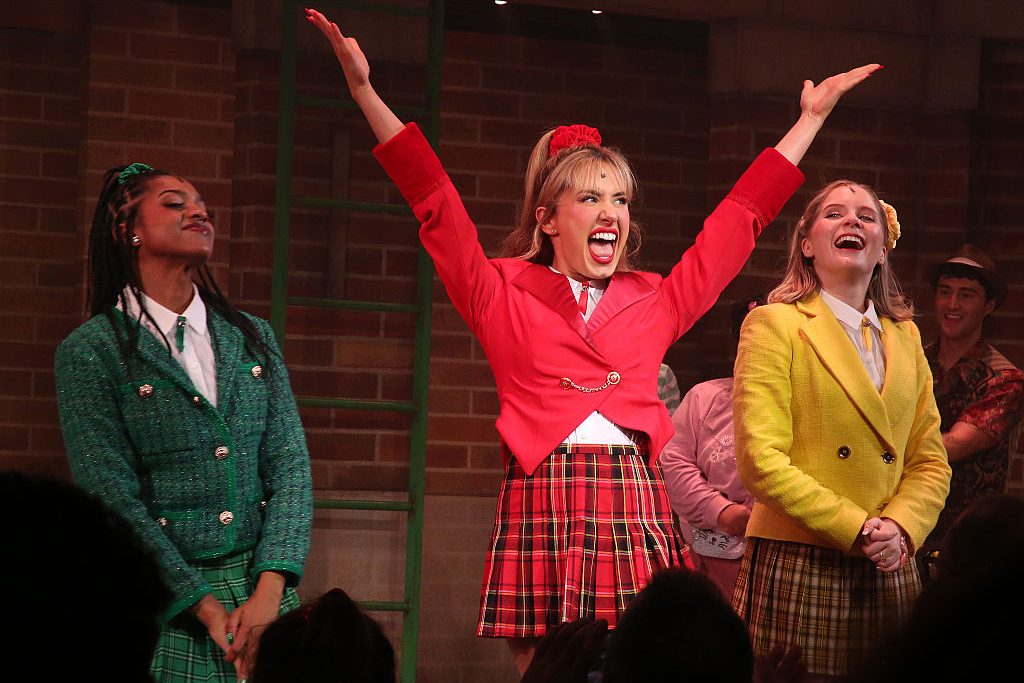







Leave a Reply